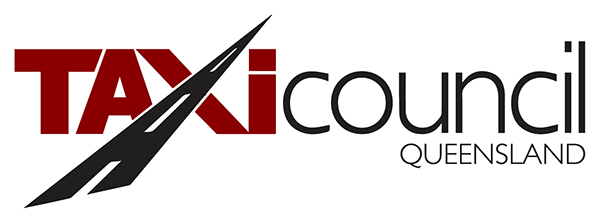Media release
January 16, 2019
Recent media reports of booked-hire drivers complaining they are forced to break the law and use their mobile phones while driving to make a living has riled the taxi industry, believing drivers are simply wanting to wash their hands of responsibility.
The Taxi of Council Queensland (TCQ) says drivers who are clearly breaking the law should be held accountable when the decision to use mobile phones is in their hands.
TCQ CEO, Blair Davies said it is illegal for any driver to use mobile devices by hand while the vehicle is in motion or stationary with the engine on, yet 75 per cent of Queensland drivers admit to doing so.[1]
”It’s about time as a community that we stop making excuses for smartphone addiction and misbehaviour. They are fantastic technology but they need to be serving us, not us serving them,” said Mr Davies.
“It is never okay to put yourself or someone else at risk because you want to pay attention to your mobile phone rather than give full and undivided attention to driving your vehicle. It’s unsafe and unjustifiable, so every driver who gets caught using their phone deserves the fine of $391 and three demerit points,” he said.
“If you are running late to catch a plane and there is traffic in the way, it’s not safe or acceptable to drive down the footpath or median strip to get around it. It’s also not acceptable to try and make up time by speeding. It’s the same thing for booked-hire drivers wanting to use their smartphone to accept a $5 or $10 ride booking while driving, it’s not safe or acceptable.
“The notion that booked-hire drivers ‘need’ to be allowed to use their smartphones is ridiculous. They are not a special case. If they drive distracted, somewhere, sometime, they are going to crash into people and property causing serious harm unnecessarily. Other road users should not be put at risk because booked hire drivers think they deserve a free pass to use their mobile phones while driving.”
“It’s time that we call out driver distraction from mobile phones for what it is, completely unacceptable and irresponsible risk-taking resulting in needless fatalities or serious injuries. Road rules are in place for a reason and no one is above the law when it comes to passenger and road safety.
“The split-second choice to tap the job, read the message or send a text could mean the difference between life and death. There should be zero tolerance for booked-hire and taxi drivers misusing their mobile phones while driving.”
The taxi industry believes the Government should have foreseen and addressed the problem of distracted driving at the time of approving the Uber business model back in 2016. Booked-hire drivers rely solely on ordinary smartphones to receive jobs, find customers and interact with their platform provider; putting them under significant financial pressure to interact with their phones, much of the time being while they are driving. TCQ believes it was always likely that booked-hire drivers would end up flouting the laws banning the use of mobile phones while driving if strong and effective enforcement was not bundled into the reform package.
Mr Davies said we’re hearing more and more the complaints from Uber drivers about their poor working conditions and the inundation of competition reducing their slice of the pie, to which the taxi industry is empathetic.
“However, we won’t have a bar of complaints by booked-hire drivers that they are being forced to break the law and use their smartphones while driving – the choice has always been in their hands, and they’re choosing to put themselves and everyone around them at risk merely to line their pockets.”
“Booked-hire companies think they’re above the law, but they need to take a good hard look at what’s happening right under their noses. We’ve heard of incidences globally and in our own backyard involving distracted booked-hire drivers, but why is this not a wakeup call? Interacting with mobile phones was never legalised when Uber was appointed the right to operate, and it never will be legalised. Uber needs to make a serious effort to address these very real safety concerns.
“How long do we let these providers mock the law before catastrophe after catastrophe becomes the norm?” Mr Davies questioned.
ENDS
